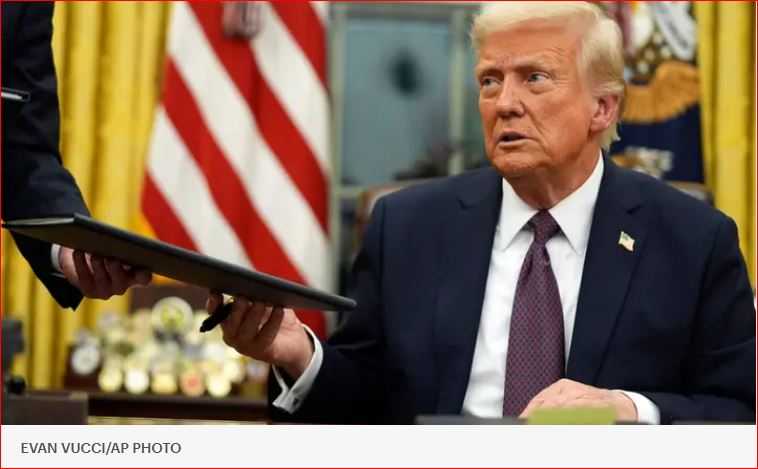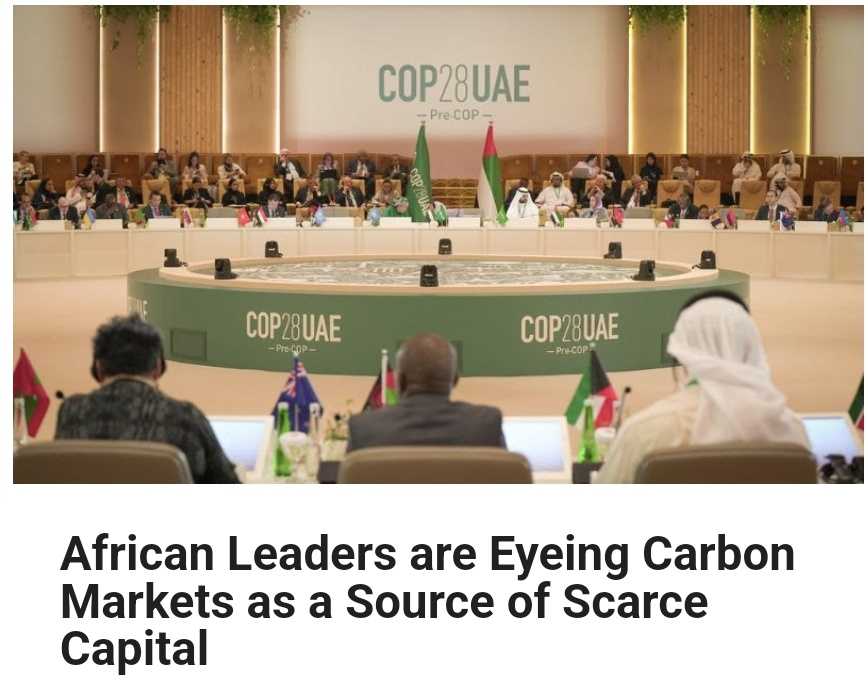The African Carbon Markets Initiative (ACMI), a UN-backed consortium, reckons that Africa uses just 2% of its annual carbon-credit potential; it aims for Africa to sell $100bn worth of credits a year by 2050. Even a fraction of that would be a boon for a continent where annual foreign direct investment has never surpassed $80bn. William Ruto, Kenya’s president, calls carbon credits an “unparalleled economic gold mine” and his country’s “next significant export”. Yet, as is often the case with Africa and its natural resources, things could go wrong. The benefits of carbon markets can be seen in how they have boosted cooking-fuel startups. Almost a quarter of the African carbon credits issued on voluntary markets involve such projects. More than half of the 30 companies supported by the Clean Cooking Alliance, a donor-funded outfit, have used—or plan to use—carbon markets to attract finance.
THE ECONOMIST










